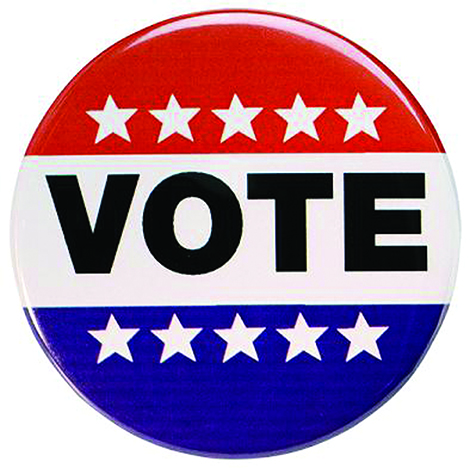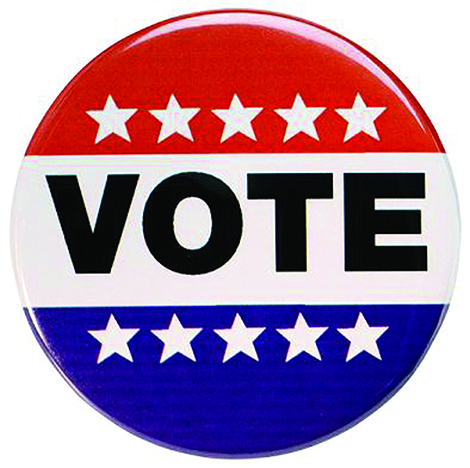Rotarians will assist at Pierce County ballot boxes
The general election promises a historic level of voter turnout. While many voters are returning ballots early, Pierce County election officials anticipate a high volume of traffic at its 47 ballot drop boxes on Nov. 3, the final day that ballots can be cast.
“So far, 73 percent of ballots are being returned through ballot drop boxes, while only 27 percent of voters are using the United States Postal Service,†Pierce County Auditor Julie Anderson, who oversees elections in the county. Ballot drop-box utilization will only increase as the election draws closer, she predicted.
To keep traffic moving at ballot drop boxes, the county has enlisted the help of non-partisan volunteers who are a part of Rotary International. Between 2 p.m. and 8 p.m. on Nov. 3, pairs of well-marked, badged Rotarians will stand at 22 of the county’s busiest boxes. Their sole purpose is to provide a cheerful hello and offer to help voters get their ballots in the box, according to Anderson.
“Everyone can relate to the drive-thru experience where you have to unbuckle your seat belt and then stretch out your car window. It speeds up the process when you have a helping hand,†Anderson said.
The help is optional. Any voter may deposit their ballot unassisted.
Rotarians have no other role in the election process.
Pierce County tried out the Rotary volunteers during the August primary election. “They really kept things moving. Voters seemed to enjoy being greeted by a friendly – albeit masked – face,†said Kyle Haugh, county elections supervisor.
Virginia Ferguson, president of Tacoma Sunrise Rotary, was among Rotarians who served during the August test run. “It was a great chance to be a small part in making voting easier for our citizens. The voters were so nice. They appreciated us,†she said.
“As Rotarians, we feel our best, when we’re helping our community. Serving and supporting our local and national election is truly an honor and privilege for each one of us,†said Linda Kaye Briggs, an assistant governor of Rotary.
Eighty-eight volunteers from 10 different Pierce County Rotary clubs will help on Election Day at the following locations:
- Pierce County Annex.
- Bonney Lake South Park and Ride.
- Browns Point Northeast Tacoma Police Substation.
- Edgewood City Hall.
- Gig Harbor Fire Station 51.
- Gig Harbor branch of Pierce County Library.
- Graham Fire and Rescue station, 10012 187th St. E.
- Kandle Park Police Substation, Tacoma.
- Lakewood City Hall.
- Orting Public Safety Building.
- Parkland-Spanaway branch of Pierce County Library.
- Puyallup Public Library.
- Roy Y Park and Ride.
- South Hill branch of Pierce County Library.
- Steilacoom branch of Pierce County Library.
- Summit branch of Pierce County Library.
- Sumner branch of Pierce County Library.
- University of Washington-Tacoma, 1906 Pacific Ave.
- West Pierce Fire and Rescue station (University Place).
- 72nd Street Transit Center
Rotary International is an international service organization whose stated purpose is to bring together business and professional leaders in order to provide humanitarian service and advance goodwill. It is a non-political and non-religious organization with 13 clubs in Pierce County.

 all is the Thurston County auditor, Garth Fell is the Snohomish County auditor, and Paul Andrews is the Kitsap County auditor.
all is the Thurston County auditor, Garth Fell is the Snohomish County auditor, and Paul Andrews is the Kitsap County auditor.